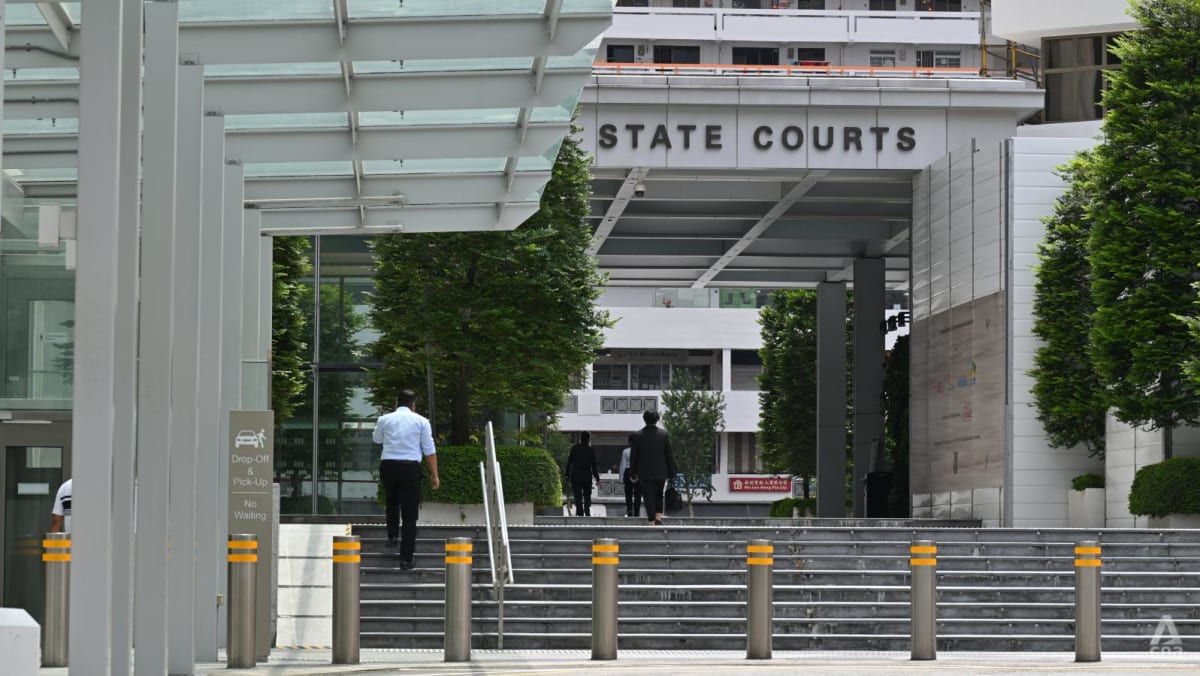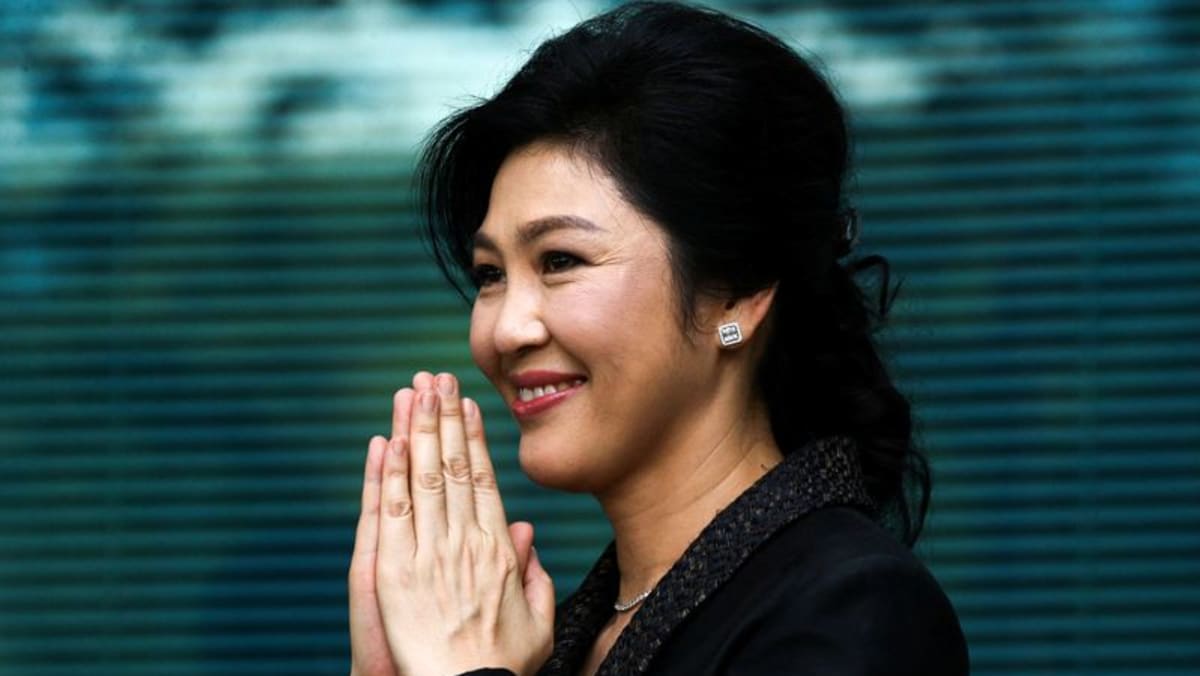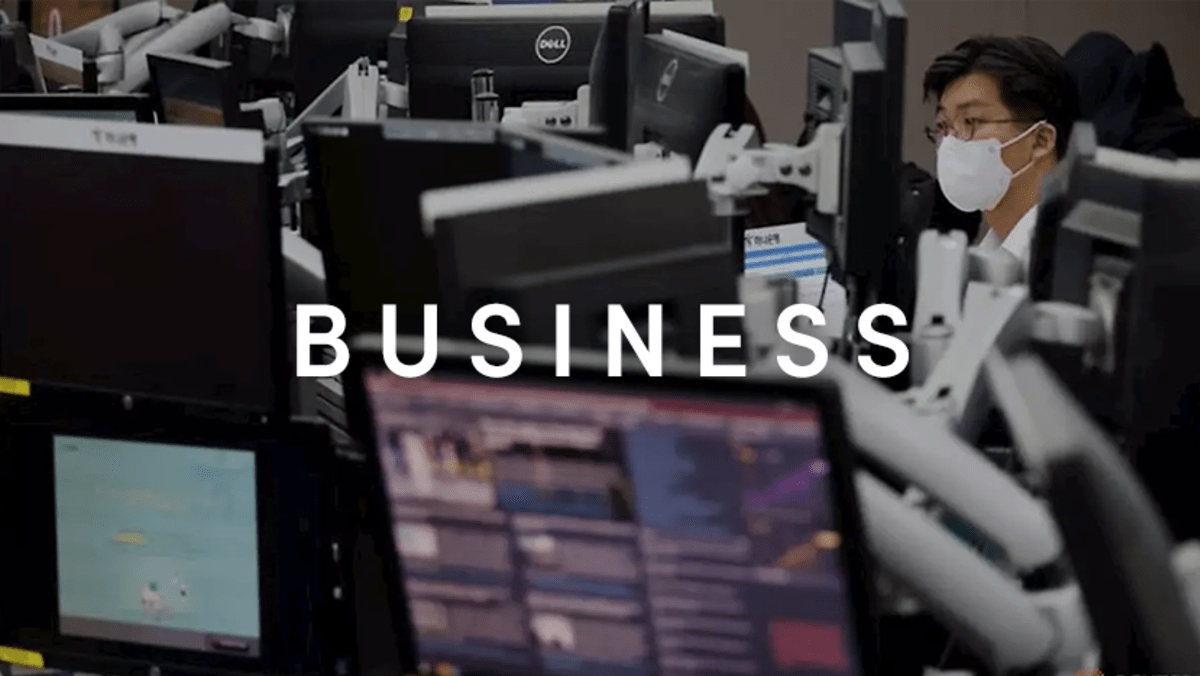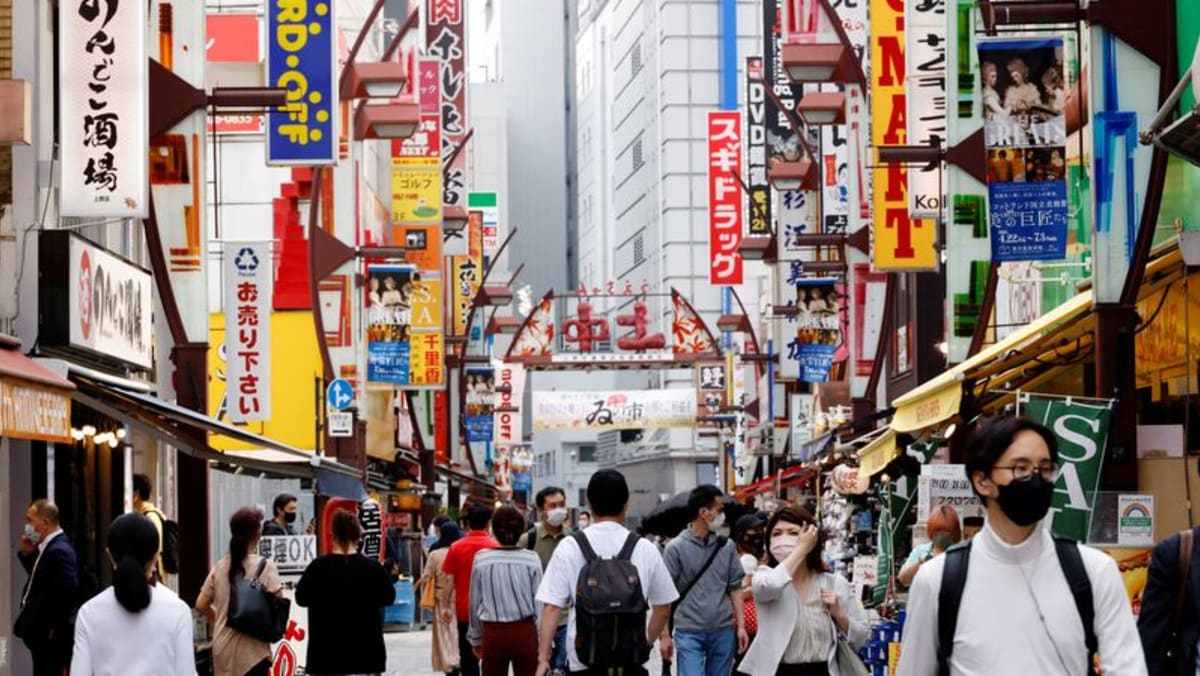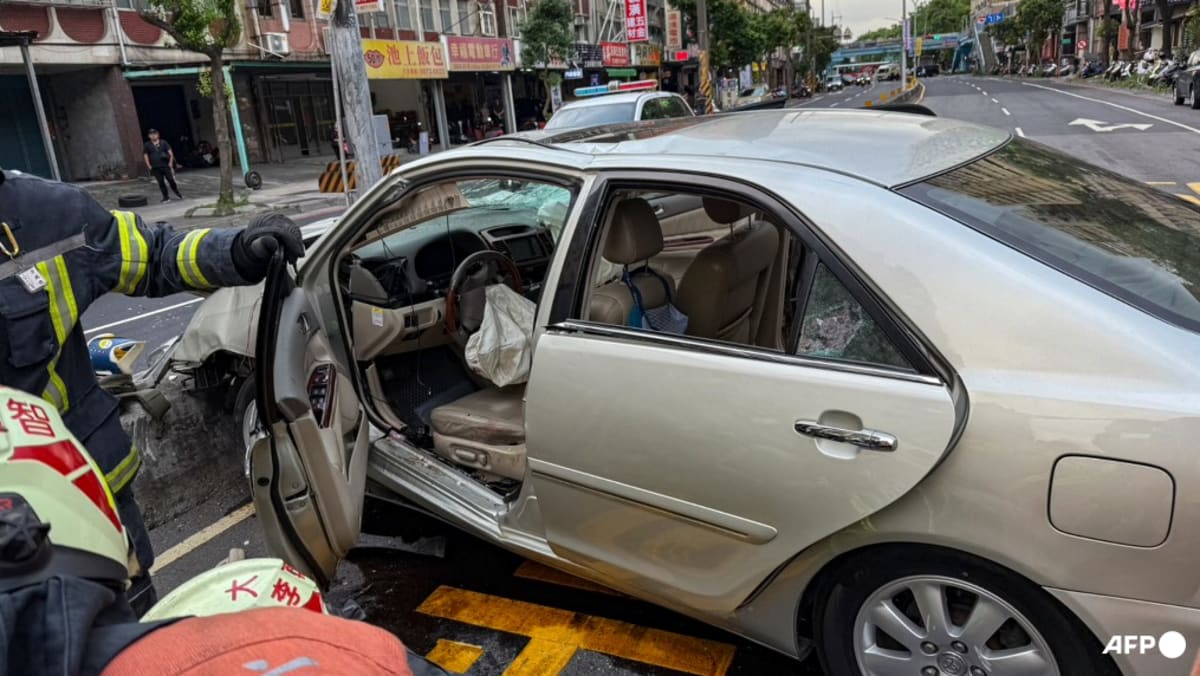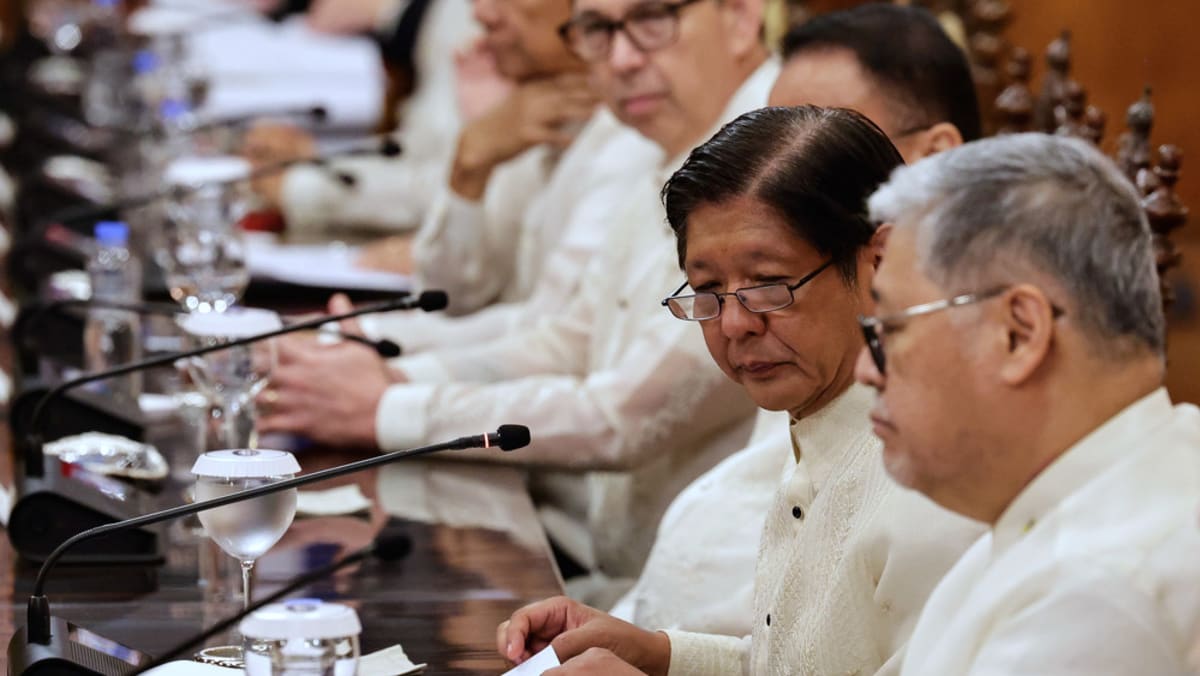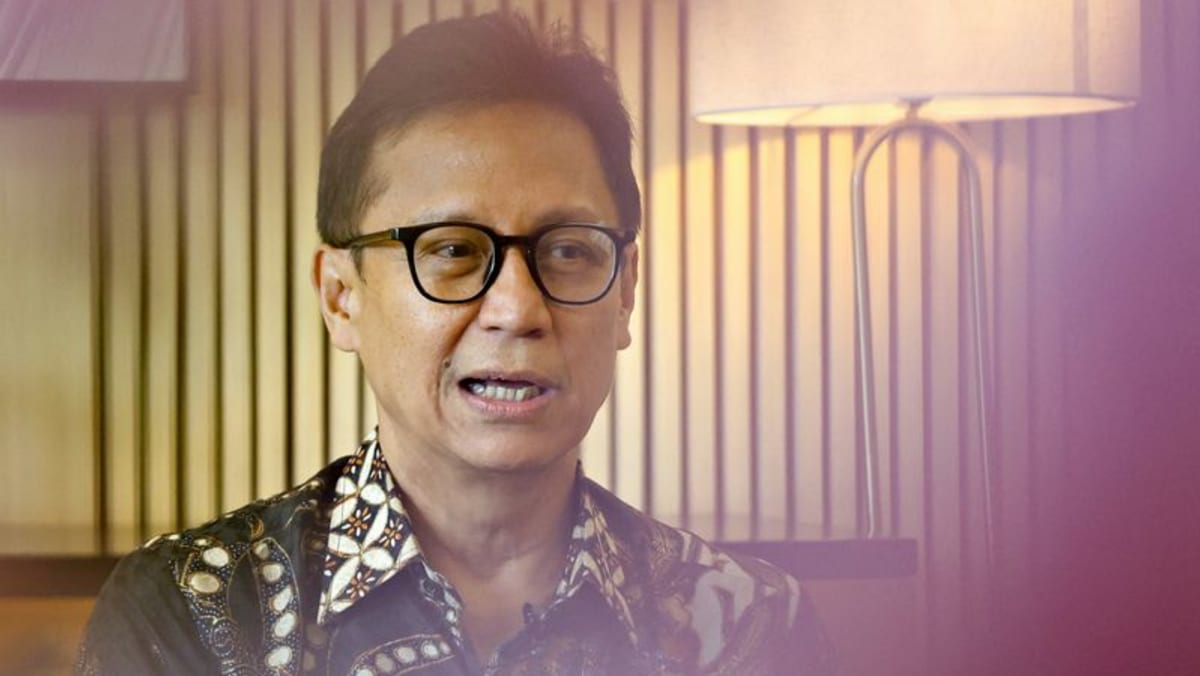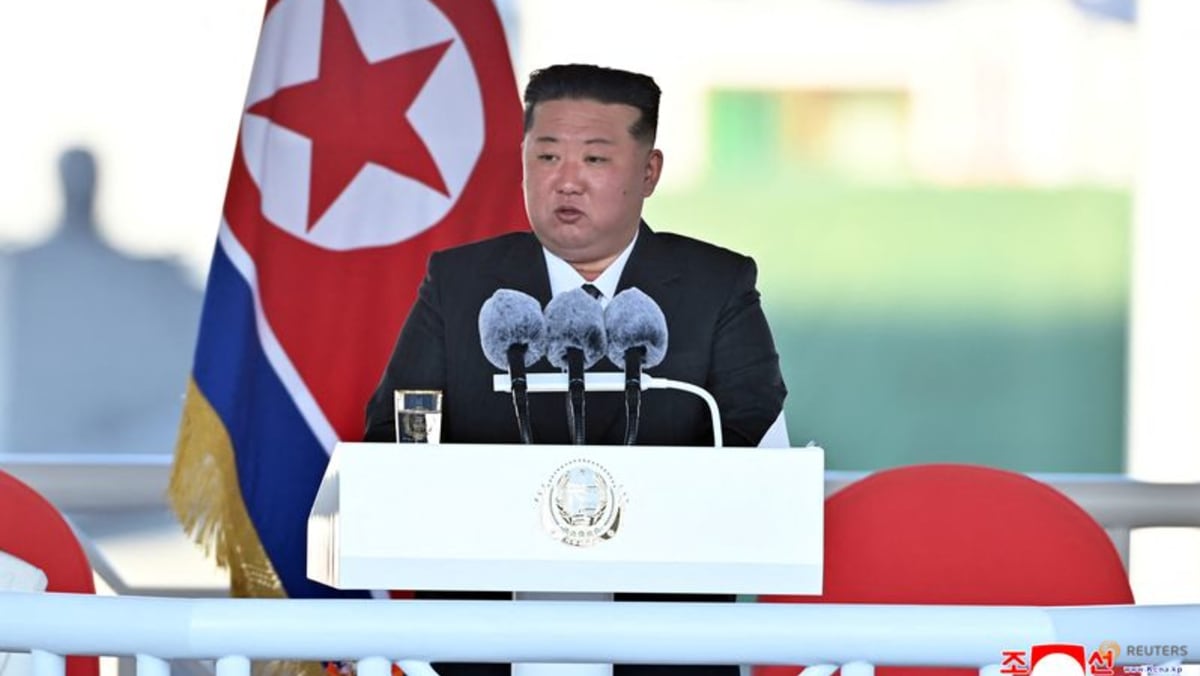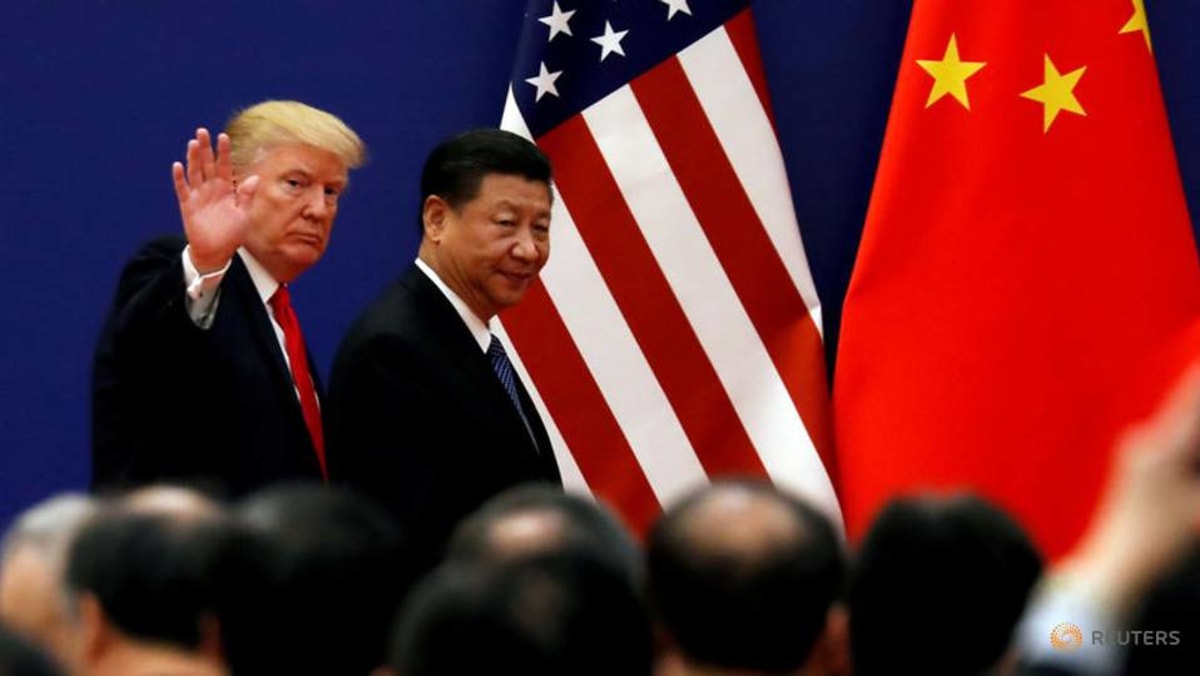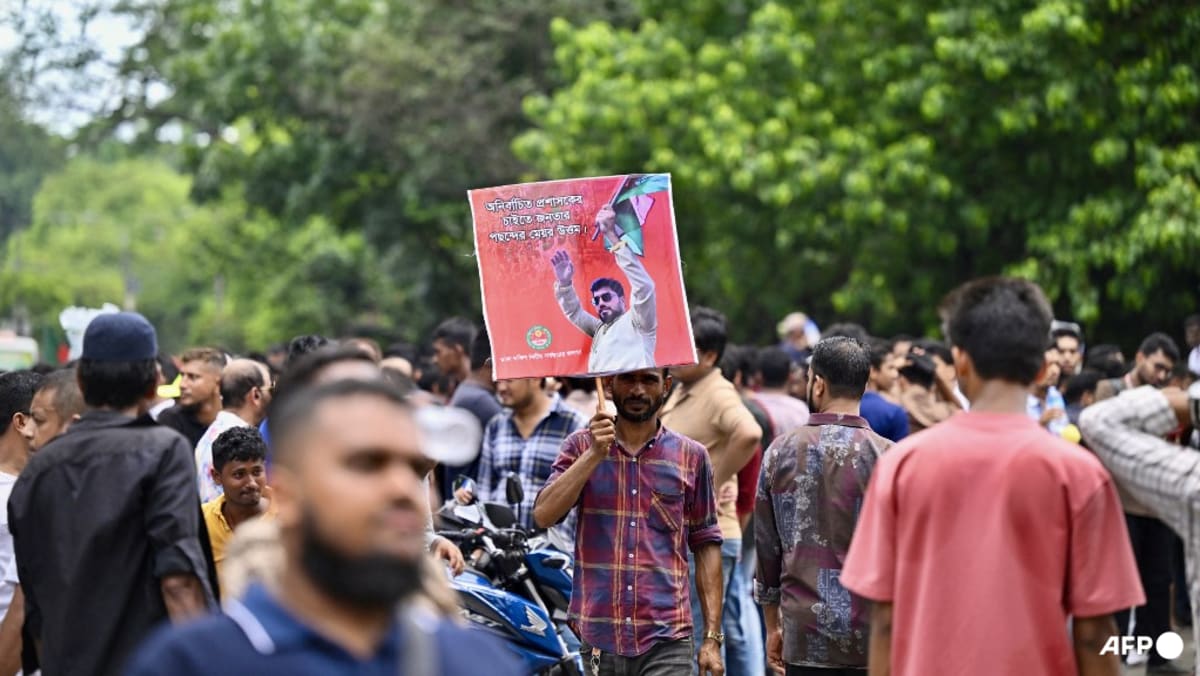TOKYO: Japan is facing a changing world of tariffs, artificial intelligence, and a potentially existential threat to its number one export. Yet its approaching election seems set to be dominated by a rehash of a decades-old debate.
Consumption tax, first introduced in 1989 and raised over the years to its current maximum rate of 10 per cent, is shaping up to be the major theme of July’s upper house election – a poll that will determine the fate of embattled Prime Minister Shigeru Ishiba and his minority government.
With the public unhappy with persistent inflation, most recently in the form of a record surge in rice prices, Ishiba’s rivals are lining up with spurious proposals to cut the sales tax or eliminate it entirely. He has pushed back, arguing that Japan’s fiscal situation puts it in no position to reduce revenues. Japan’s “fiscal situation is undoubtedly extremely poor, worse than Greece’s,” he told parliament on Monday.
While the comparison is unwise, and helped to push up bond yields, it’s true that the country is in no position to be cutting taxes. Calls to do so should be ignored – Japan doesn’t have time to relitigate this staid discussion.
DEMON’S GATE
Arguments over the levy are so persistent that it’s long been described in media coverage as kimon, a phrase that literally translates as a “demon’s gate” – from the ancient superstition that entrances facing northeast are unlucky as they allow evil spirits to enter – and refers in this context to a sticky problem or potential landmine.
It has led to the collapse of governments and been blamed for triggering recessions.
The issue overshadowed almost the entirety of Shinzo Abe’s record-breaking premiership; and it so divided the now-defunct Democratic Party of Japan that opposition to the ruling party remains fragmented to this day, helping Ishiba’s Liberal Democratic Party stay in power despite widespread public dissatisfaction.
